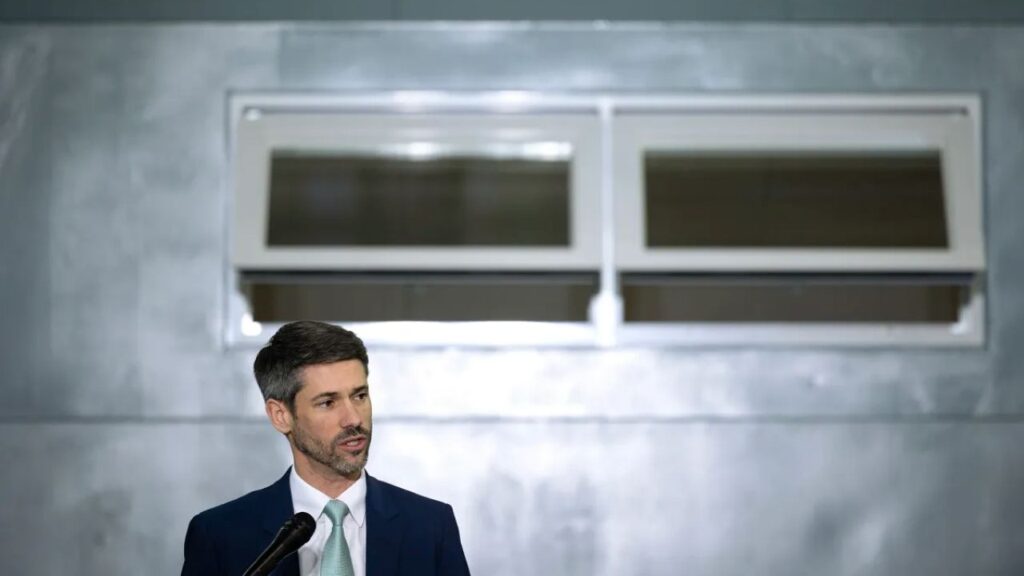Share
As Walmart moves to phase out its familiar “greeters” at some 1,000 stores nationwide, disabled workers who fill many of those jobs say they’re being unfairly targeted.
Walmart told greeters around the country last week that their positions would be eliminated on April 26 in favor of an expanded, more physically demanding “customer host” role. To qualify, they will need to be able to lift heavy objects and perform other physical tasks.
That comes as a heavy blow to greeters with cerebral palsy, spina bifida and other disabilities. Now Walmart, America’s largest private employer, is facing a backlash as customers rally around some of the chain’s most highly visible employees.
Walmart says it is striving to place greeters in other jobs at the company, but workers with disabilities are worried.
Greeter Cries When Told His Job Is Gone
Donny Fagnano, 56, who has worked at Walmart for more than 21 years, said he cried when a manager at the store in Lewisburg, Pennsylvania, called him into the office last week and told him his job was going away.
“I like working,” he said. “It’s better than sitting at home.”
Fagnano, who has spina bifida, said he was offered a severance package. He hopes to stay on at Walmart and clean bathrooms instead.
Walmart greeters have been around for decades, allowing the retail giant to put a friendly face at the front of its stores. Then, in 2016, Walmart began replacing greeters with hosts, adding responsibilities that include helping with returns, checking receipts to deter shoplifters and keeping the front of the store clean. Walmart and other chains have been redefining roles at stores as they compete with Amazon.
The effect of the greeter phase-out on disabled and elderly employees — who have traditionally gravitated toward the role as one they were well-suited to doing — largely escaped public notice until last week, when Walmart launched a second round of cuts.
In Galena, Illinois, hundreds of customers plan to attend an “appreciation parade” for Ashley Powell on her last day of work as a greeter.
“I love it, and I think I’ve touched a lot of people,” said Powell, 34, who has an intellectual disability.


















